In the vast expanse of Argentine folk music, the name Atahualpa Yupanqui resonates like a timeless melody. Born as Héctor Roberto Chavero Aramburu on January 31, 1908, in Pergamino, Argentina, Yupanqui emerged as a cultural guardian, dedicated to preserving the rich tapestry of Argentine folklore. This blog delves into the life of this troubadour, exploring his early influences, artistic evolution, and enduring legacy as a poet of the Pampas.
Early Life and Indigenous Roots:
Yupanqui’s journey began against the backdrop of the Argentine Pampas, where the rhythmic cadence of indigenous melodies intertwined with the soulful ballads of Spanish heritage. Raised in a family deeply connected to the land, Yupanqui, whose birth name paid homage to both Incan and Quechua ancestry, developed a profound appreciation for the cultural diversity that shaped Argentina’s musical landscape.
Wandering Minstrel and Autodidact:
Atahualpa Yupanqui’s early years were marked by a nomadic spirit. Adopting the pseudonym Atahualpa Yupanqui, he embarked on a journey across the vast expanses of Argentina, immersing himself in the rural traditions of the gauchos. His encounters with itinerant troubadours and local musicians fueled his passion for the guitar, an instrument that would become an extension of his soul.
Despite a lack of formal education, Yupanqui’s insatiable curiosity led him to become a self-taught intellectual. His voracious reading and exposure to different cultural influences shaped him into not only a musician but also a philosopher-poet whose lyrics would transcend the boundaries of time and space.
Guardian of Folklore:
Yupanqui’s mission extended beyond personal artistic expression; he saw himself as a guardian of Argentine folklore. In an era when modernization threatened to erode traditional cultural practices, he dedicated himself to collecting and preserving the musical traditions of rural Argentina. His commitment to authenticity and respect for the roots of folk music endeared him to purists and endeared him to a growing audience seeking a connection to the soul of their nation.
Artistic Evolution:
Yupanqui’s music was a reflection of his deep connection to the land and its people. His early compositions embraced the rustic simplicity of traditional folk tunes, but as he matured, his artistry evolved. Incorporating complex melodies and profound lyrics, Yupanqui’s music became a canvas upon which he painted the stories of a changing Argentina.
Social Commentary and Advocacy:
Beyond the melodies, Yupanqui’s lyrics were imbued with social and political commentary. A keen observer of the human condition, he used his music to shed light on issues such as poverty, inequality, and the erosion of traditional values. His song “Los Hermanos” poignantly addresses the plight of indigenous peoples, showcasing Yupanqui’s commitment to giving voice to the voiceless.
Exile and International Recognition:
Yupanqui’s outspoken views on social justice and political oppression led to his exile during the 1940s. Forced to seek refuge in Uruguay and Europe, he continued to share the stories of Argentina through his music. Despite the physical distance from his homeland, Yupanqui’s influence transcended borders. His international performances earned him recognition as a cultural ambassador, bringing the sounds of the Argentine Pampas to audiences around the world.
Legacy of Teaching and Writing:
Yupanqui’s contributions to Argentine culture extended beyond his musical compositions. An avid writer, he penned numerous books and articles, sharing his insights into folklore, philosophy, and the human experience. His works, including “In Search of Culture” and “The Return of the Native,” became touchstones for those seeking a deeper understanding of Argentine identity.
In addition to his writings, Yupanqui became a dedicated teacher, imparting his musical knowledge to future generations. His efforts to pass on the traditions of Argentine folklore ensured that the flame he ignited would continue to burn brightly in the hands of those who followed.
Return and Cultural Recognition:
With the return of democracy to Argentina in the 1980s, Yupanqui came back to his homeland. The reception was akin to a hero’s welcome, as a new generation embraced his contributions to the nation’s cultural heritage. The Argentine government officially recognized Yupanqui’s cultural impact, solidifying his place as a national treasure.
Final Years and Enduring Influence:
As Yupanqui entered the twilight of his life, his influence showed no signs of waning. His performances continued to captivate audiences, and his discography remained a testament to the enduring power of Argentine folklore. Even after his passing on May 23, 1992, his legacy lived on through the countless artists who drew inspiration from his work, ensuring that the troubadour of the Pampas would forever resonate in the heart of Argentine music.
Conclusion:
Atahualpa Yupanqui’s biography is a symphony of the Argentine soul, echoing through the vast plains and resonating in the hearts of those who cherish the nation’s rich cultural heritage. His life, marked by a profound connection to the land, a commitment to authenticity, and a passion for social justice, paints a portrait of a troubadour whose melodies transcended time and space. Yupanqui’s legacy is not confined to the strings of his guitar or the verses of his lyrics; it is a living testament to the enduring power of folk music to capture the essence of a nation and its people. In the annals of Argentine cultural history, Atahualpa Yupanqui stands as a guardian of tradition, a minstrel whose timeless tunes continue to serenade the hearts of those who listen.
.- Youtube Feature Video: Atahualpa Yupanqui – Luna Tucumana (1957) Link here.


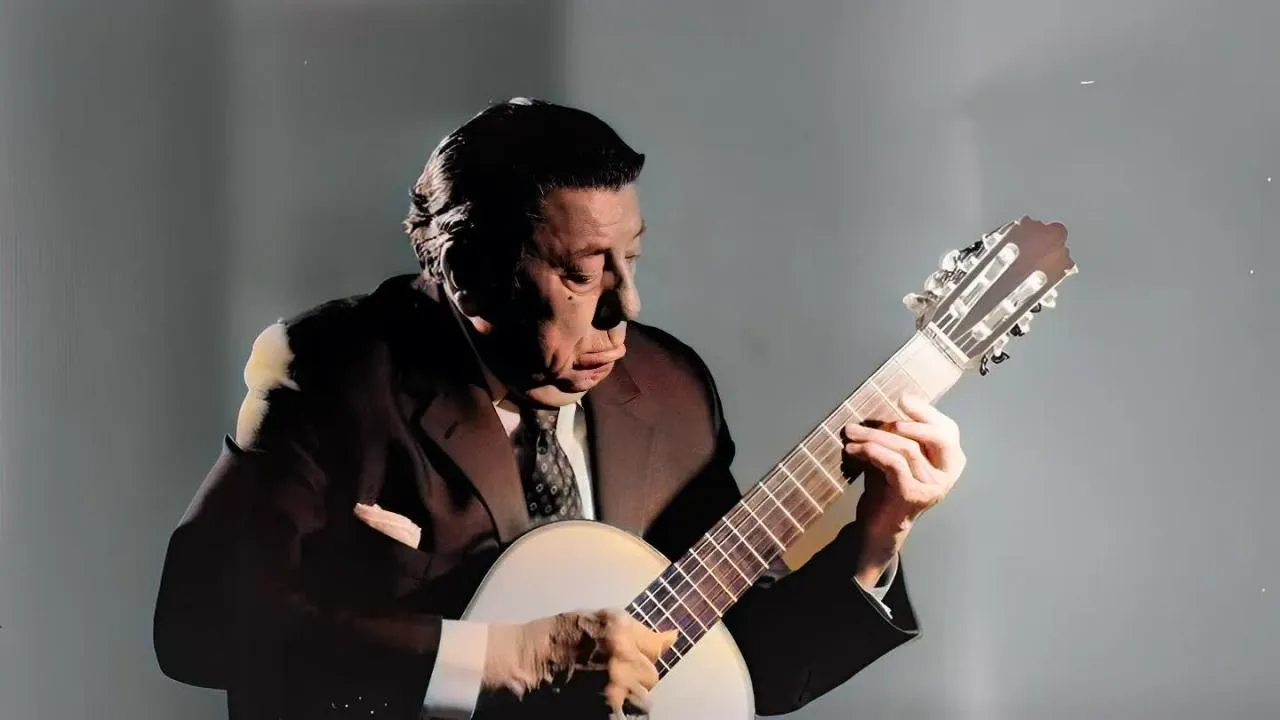


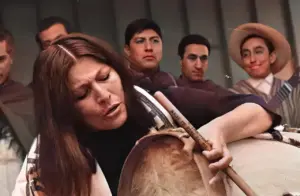
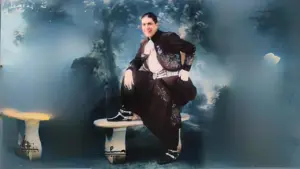





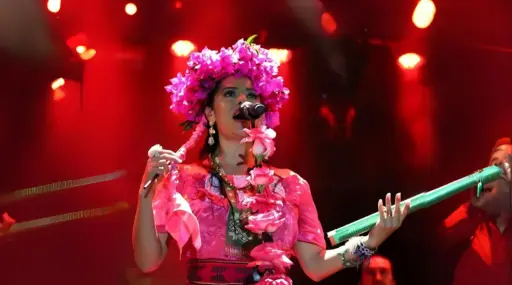
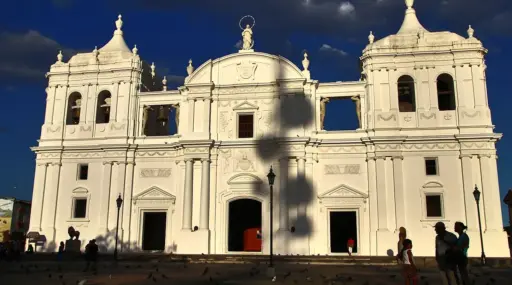


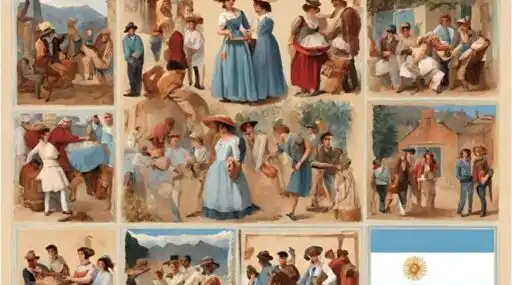
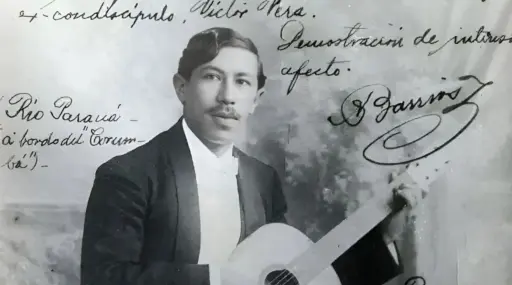

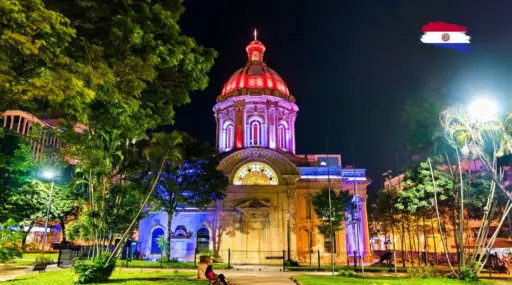





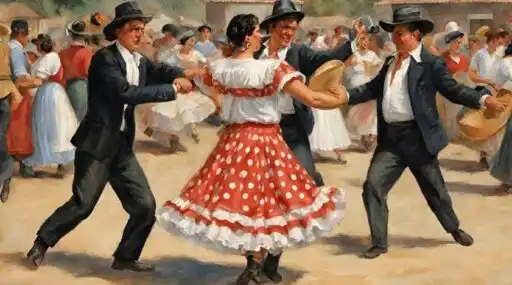
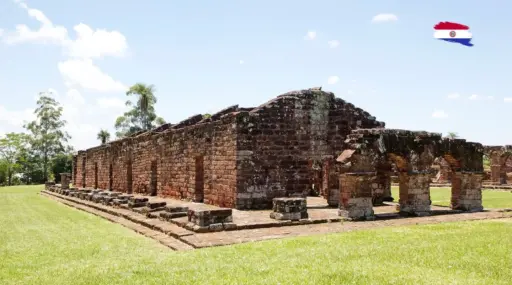


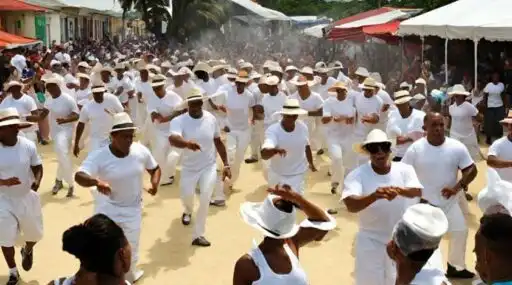
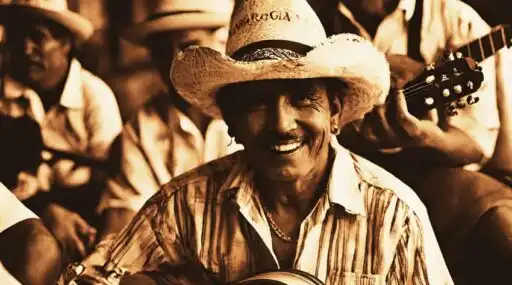


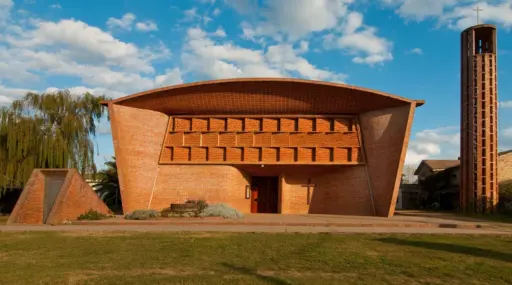






Leave a Reply